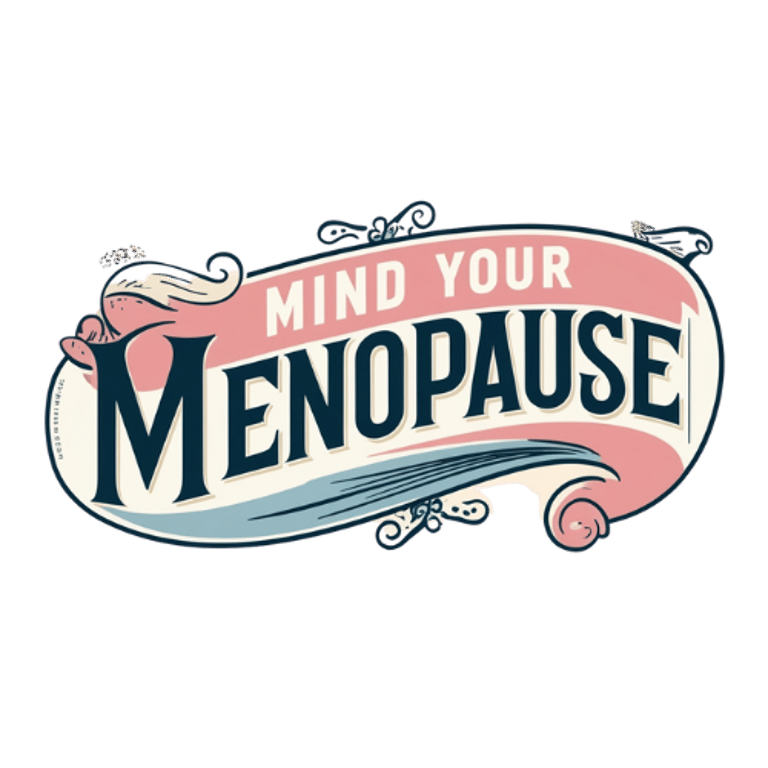Why Your Menopausal Belly Won’t Budge (And How a Personalized Meal Plan Can Help)
Still stuck with stubborn belly fat no matter how healthy you eat? It’s not your fault—and you’re not alone. A menopausal belly isn’t just about weight gain. It’s your body responding to shifting hormones like estrogen, cortisol, and insulin. The good news? When you understand what’s really going on inside, you can finally give your body what it needs. A personalized meal plan designed for hormone balance can help you feel lighter, more energized, and back in control. This is the beginning of a new kind of nourishment—and real, lasting change.
4/16/20253 min read


You’re doing everything “right”—so why won’t the belly fat move?
You’re eating clean. Cutting carbs. Maybe even working out more than ever.
And yet… the scale won’t budge. Your jeans still feel tight. And by the end of the day, your menopausal belly is swollen, bloated, and uncomfortable.
Here’s what no one tells you: in menopause, fat storage has less to do with calories and more to do with hormonal chaos.
When estrogen declines and cortisol climbs, your body becomes less responsive to traditional diets—and more protective of menopausal belly fat. Add a sluggish gut and unstable blood sugar, and your body starts holding onto weight for survival.
So what’s the solution?
Food that works with your hormones—not against them.
And that starts with a personalized meal plan.
Why Menopausal Belly Fat Is So Hard to Lose
Let’s be clear: this isn’t about laziness, lack of discipline, or “eating too much.”
It’s about metabolic shifts your body is making in response to dropping estrogen, elevated cortisol, and increased insulin resistance. Translation? Your body is no longer using food the way it used to. Instead, it’s storing more fat—especially around your belly—and struggling to burn it off.
The real culprits:
Estrogen decline lowers your resting metabolic rate and redistributes fat to the midsection
Cortisol spikes from chronic stress promote belly fat and water retention
Insulin resistance increases with age and makes fat loss harder
Gut dysbiosis (a microbiome imbalance) triggers inflammation, cravings, and bloating
According to functional nutritionists, one of the most overlooked issues is how the gut and liver handle hormone clearance. When those detox pathways are clogged—or unsupported—your body recycles estrogen instead of eliminating it. This adds to the belly fat burden.
Why a Personalized Meal Plan Makes All the Difference
No two menopausal women are the same.
One woman might be struggling with estrogen dominance. Another with adrenal fatigue. Someone else may have a sluggish thyroid and slow elimination.
That’s why generic food plans and “eat clean” mantras don’t work anymore.
A personalized meal plan considers:
Hormone type (Are you dealing with estrogen dominance, cortisol issues, or insulin resistance?)
Digestive function (Are you bloated, constipated, or reactive to common foods?)
Energy patterns (Do you crash mid-afternoon or wake up at 3 a.m.?)
Detox support (Is your liver supported with cruciferous vegetables, fiber, and bitter greens?)
Lesser-Known Nutrition Tips from Female Experts:
Liver-loving bitters (like dandelion, arugula, and radicchio) support estrogen clearance better than any juice cleanse
Soluble fiber (flaxseed, chia, cooked oats) binds excess estrogen in the gut—this is critical for women with bloating and breast tenderness
Sulfur-rich foods (garlic, onions, and leeks) help with glutathione production, your body’s master antioxidant
High-zinc foods (pumpkin seeds, tahini, and lentils) support thyroid function and reduce sugar cravings during hormonal dips
Timing matters: Eating a blood sugar–balanced breakfast (protein + fat + fiber) within 90 minutes of waking can lower cortisol all day
Fermented foods (like sauerkraut, miso, or kefir alternatives) help rebuild the gut lining, which is often compromised in menopause
What This Looks Like in Real Life
Inside the MEND Menopause Belly Fat Reset, every customer receives:
A custom 14-day meal plan designed by a professional nutritionist
Hormone-specific food lists that target estrogen, cortisol, or insulin imbalances
Snack guide + meal timing tools to reduce cravings and balance cortisol
Macro breakdowns so you’re eating the right protein, fiber, and fat ratios for fat loss
A bonus 3-day plan extension to help you maintain your progress long-term
What makes this plan different isn’t just the quality of the food—it’s the way it’s tailored to your unique hormonal fingerprint.
How to Know If You Need a Personalized Plan
If you’ve tried the typical fixes—cutting calories, intermittent fasting, keto—and none of them worked long term… your hormones are likely in charge now.
Here’s how you know it’s time to reset:
You feel inflamed and bloated after most meals
You gain weight even while eating healthy
Your sleep is shallow or broken
You’re always tired but wired
You crave sugar or wine just to cope
You feel like your body is fighting you
This isn’t about discipline—it’s about understanding your body’s new operating manual.
Final Thoughts: Food That Knows Who You Are Now
You’re not in your 30s anymore—and your body is trying to tell you that.
Menopause doesn’t mean you have to give up on feeling good. It means you need a new kind of nourishment.
One that listens. Adjusts. Honors your shifts.
That’s what the MEND Reset was designed to do.
Mind Your Menopause
Supporting women through menopause with expert guidance.
team@mindyourmenopause.shop
© 2025. All rights reserved.
